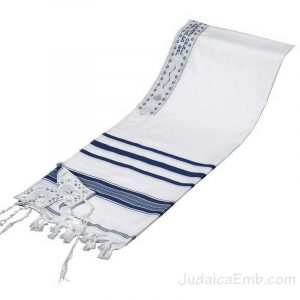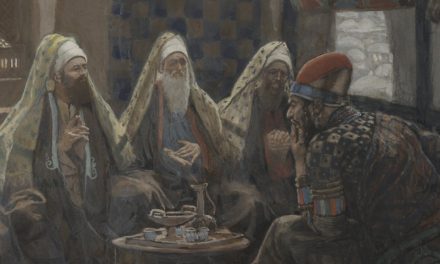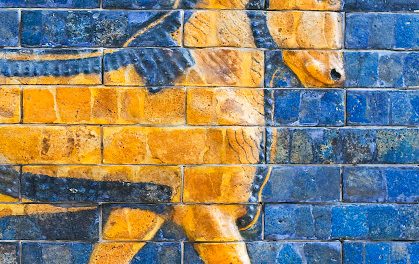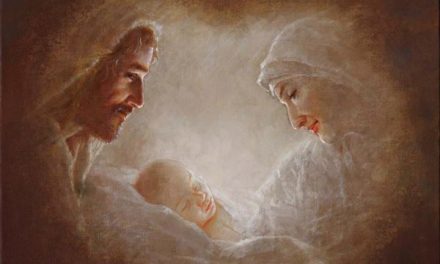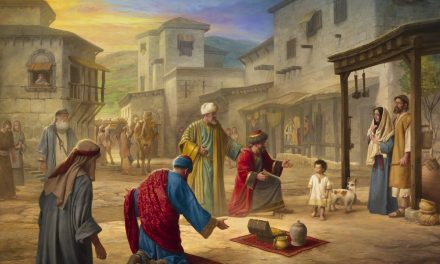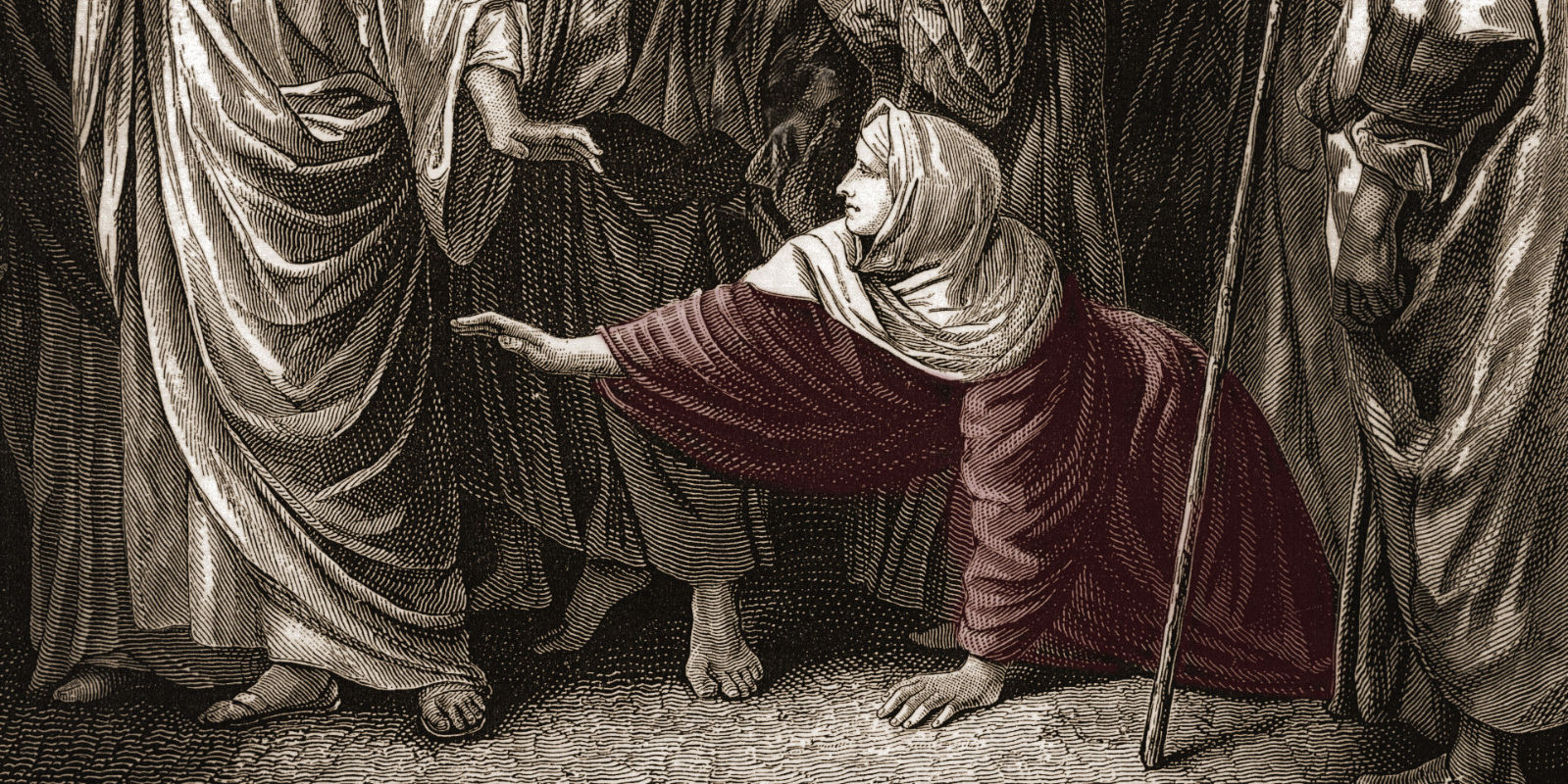
When she desperately reached out to touch the hem of Jesus’ garment, she may have touched the tassels of His prayer shawl (tallit gadol). This holy shawl was pulled up to cover a man’s head when he worshipped in the synagogue. The knotted tassels were knotted according to tradition and represented the 613 Mosaic commandments.
What it Meant to Be Unclean?
The Israelites were God’s chosen people, which means they were supposed to be a light to the world. In the Old Testament, especially in Leviticus, God gave Israel detailed commandments regarding cleanness and uncleanness.
If a person was unclean, he or she would not be able to be part of the congregation. Often this meant living outside the community to separate oneself.
Two things were of utmost importance: protecting Israel from physical and spiritual destruction and qualifying Israel for temple worship.
There were very strict commandments for the Levites and priests who served in the temple. Touching someone who was dead or wounded or sick disqualified them from temple service for a time. Any kind of deformity of their own also disqualified them. Even today there are signs on the streets warning Levites that there is a cemetery ahead so they might want to take an alternate route.
Some living things were considered unclean to eat for anyone, and if you look at what these creatures themselves eat, you’ll see that they have unclean diets. From the water, Israelites could only eat fish with fins and scales. That means no shellfish, which are bottom-feeders and the first sea creatures to become polluted when something goes wrong in the sea or a lake. From the air, Israelites could not eat birds of prey, which themselves eat carrion (dead animals). From the land, the Israelites could only eat animals that both chew the cud and have a cloven foot. They couldn’t eat beasts of prey, pigs, or reptiles.
These dietary laws (kosher, kashrut) kept them healthy, but God never mentioned health when He gave these laws. The dietary laws also kept Israelites from joining Gentiles at their feasts, so it protected them as a chosen, set-apart group.
In order to protect His Israelite children from disease, God established laws of health. Any issue of bodily fluid, such as blood, meant a person had to quarantine himself from the congregation. The priest examined the person to decide if the person was unclean and again to decide if the person could rejoin the congregation.
In the story of the woman with an issue of blood, she would have been unclean for the entire 12 years she had this problem. That would have ruined her associations with her husband or ruined her chances of marrying. It would have separated her from her family, friends and neighbors. It’s not that no one tried to help her—she had seen physicians over those years. They had been glad to take her money. She had exhausted all her options.
It was a very brazen thing for her to mingle with the public seeking after Jesus. She would not have wanted to draw any attention to herself. When Jesus turned around to identify her, she must have been scared to death. Yet, she also may have sensed that her health problem was healing at that moment after years of suffering.
When she desperately reached out to touch the hem of Jesus’ garment, she may have touched the tassels of His prayer shawl (tallit gadol). This holy shawl was pulled up to cover a man’s head when he worshipped in the synagogue. The knotted tassels were knotted according to tradition and represented the 613 Mosaic commandments.
